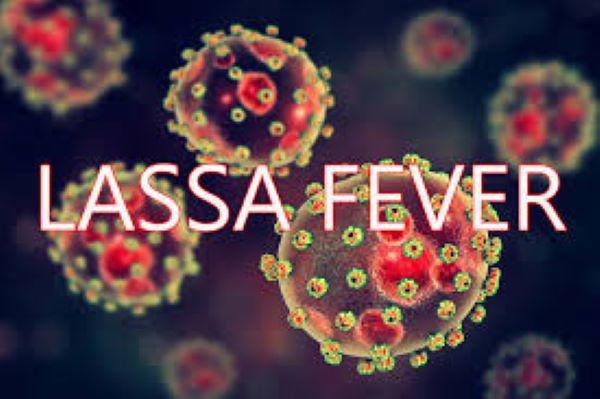Health experts across West Africa are calling for urgent investment in research, innovation, and stronger regional collaboration to combat Lassa fever and other Viral Haemorrhagic Fevers (VHFs).
The call was made on Wednesday at the Second Lassa Fever International Conference in Abidjan, organised by the West African Health Organisation (WAHO) under the theme “Beyond Borders: Strengthening Regional Cooperation to Combat Lassa Fever and Emerging Infectious Diseases.”
The conference brought together scientists, policymakers, and global health leaders to reaffirm regional commitment, mobilise political will, and drive joint action against Lassa fever, which remains a major public health threat across the region.
R&D and regional solidarity critical
During a plenary session on accelerating medical countermeasures, experts stressed the need for urgent investment in diagnostics, vaccines, therapeutics, and cross-border solidarity to save lives and strengthen health systems.
Dr Katrin Ramsauer, Head of the Lassa Fever Disease Programme at CEPI, underscored the importance of multi-country trials, community engagement, and harmonised clinical management. She linked this to CEPI’s 100-day mission to develop vaccines rapidly after pathogen identification.
She cited Nigeria and Liberia as examples where political leadership and coordinated vaccine task forces are already advancing regional preparedness.
Strengthening local manufacturing and diagnostics
Dr Ifedayo Adetifa, CEO of FIND, stressed that Africa must not rely solely on external suppliers for critical medical solutions. He highlighted Nigeria’s expansion of diagnostic laboratories from three to over 40 as a model, pointing to three key priorities:
Diagnostic quality and reliability
Integrated data systems feeding into surveillance platforms
Genomic surveillance to track virus lineages across borders
He urged stronger coordination between national public health institutes, ECOWAS, WAHO, and Africa CDC.
Building African capacity and trust
Dr Marie Jaspard of the CORAL project emphasised training more African researchers and ensuring transparent cross-border data sharing. She also called for evidence-based supportive care, operational readiness of standard protocols, and stronger regional solidarity, especially in conflict-affected or hard-to-reach areas.
Similarly, Dr Mark Feinberg, President of IAVI, stressed that Lassa fever requires a different product development model rooted in community leadership, long-term partnerships, and sustainable funding. He argued that advancing a vaccine programme with African ownership would set a powerful precedent for addressing future health priorities on the continent.
WHO’s framework for readiness
Dr Janet Diaz of the WHO Health Emergencies Programme reminded participants that Lassa fever has been a WHO priority since 2018, with product profiles already developed for vaccines, therapeutics, and diagnostics.
She outlined WHO’s “five S’s” for outbreak response — staff, supply chain, structure, systems, and security — stressing that strong clinical research depends on this foundation.
Diaz also urged countries to adopt readiness protocols, adaptable research frameworks, and rapid approvals to ensure swift response once outbreaks occur.
The takeaway
The Abidjan conference made it clear that defeating Lassa fever requires more than scientific breakthroughs. It demands regional collaboration, political leadership, resilient health systems, and African-led innovation to ensure communities are protected from future outbreaks.


